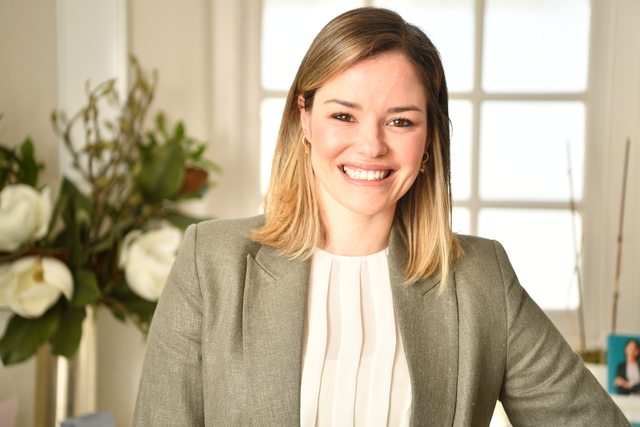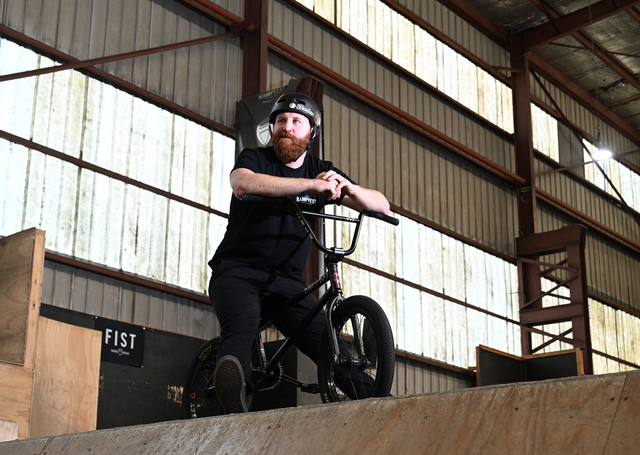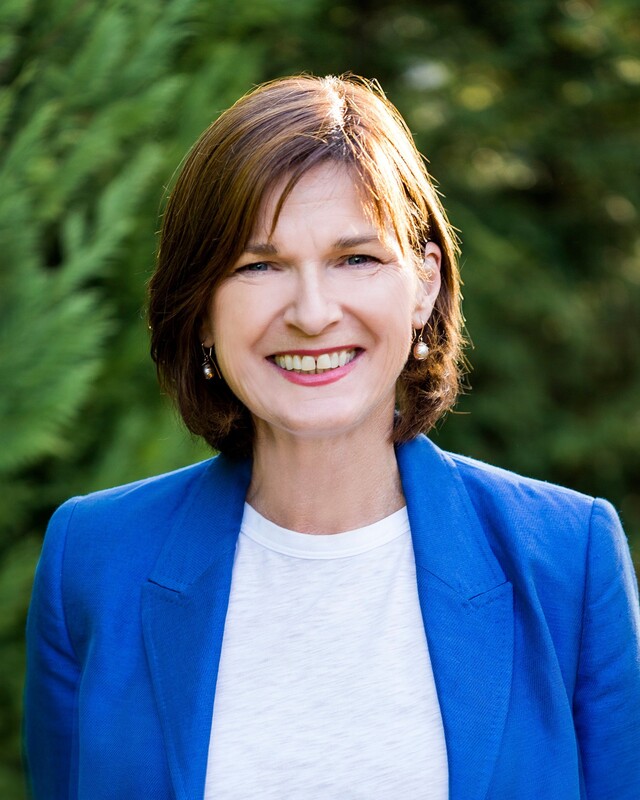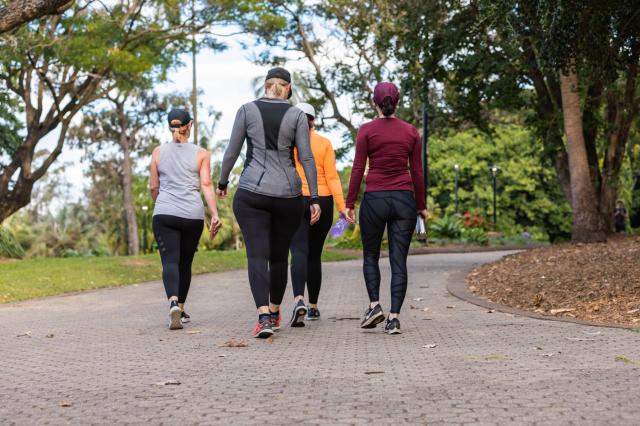Becoming a parent is a cherished dream for many and the moment you finally hold your baby in your arms is truly unforgettable.
I’ve been fortunate to experience that profound happiness myself with the birth of my son last year. It’s a feeling that fills your heart in a way words can’t fully express.
But as a fertility specialist I know all too well the frustration and confusion people who struggle to become pregnant can feel. My heart goes out to everyone navigating this path.
According to the Fertility Society of Australia and New Zealand, one in six Australian couples will have trouble conceiving.
However, there are steps you can take to improve your chances of pregnancy and many treatment options if you need medical assistance, whether you are in a heterosexual or same sex relationship or are seeking to become a parent on your own.
The first step is to be as healthy as possible – that means quitting smoking, reducing alcohol intake, exercising, eating a balanced diet and getting a good night’s sleep. Good health not only boosts your chances of conception, it also provides a healthy environment for your baby to grow.
Whether you have eggs or sperm, you should consider if you need a fertility assessment. This is especially important if there are known fertility problems in your family, such as early menopause. Intense period pain, irregular or no periods at all, could also be a red flag. Depending on your individual circumstances, a fertility check could involve a blood test, ultrasound or a semen analysis.
The Royal Australian and New Zealand College of Obstetricians recommends that anyone planning a pregnancy be offered pre-conception genetic carrier screening. This allows you to find out your risk of having a baby with certain serious genetic conditions.
If after months of trying to get pregnant you still find yourself unable to conceive, make an appointment with your GP and discuss whether it is time to see a fertility specialist.
Finding a specialist who makes you feel heard, understood, and supported is essential.
There’s a good reason why I set aside a whole hour for the first appointment with new fertility patients. This allows me to connect with my patients, understand their story, their feelings and the impact on their lives. It also gives us time to arrange and discuss tests and next steps without feeling rushed. And no, the next step isn’t always IVF—there are other options we might explore first, including ovulation tracking, adjustments in timed intercourse, medications for ovulation induction or intrauterine insemination.
Trying to conceive can stir up a whirlwind of emotions. Many people question their bodies and feel guilt or shame when pregnancy doesn’t happen as quickly as they expected. It’s important to recognise these emotions, as they are a natural part of this deeply personal experience.
Seeking the right advice can make all the difference.
If you’re under 35, it is recommended you try for 12 months before seeing a fertility specialist. For those over 35, seeking medical advice after six months is advisable.
The chances of conception naturally decrease with age, so the earlier you act the more chance you will have of making your baby dreams become a reality.
Dr Isabela Dos Anjos Siqueira is a fertility specialist at Monash IVF. She consults at Essence Healthcare, 25 Wests Road, Maribyrnong.

















